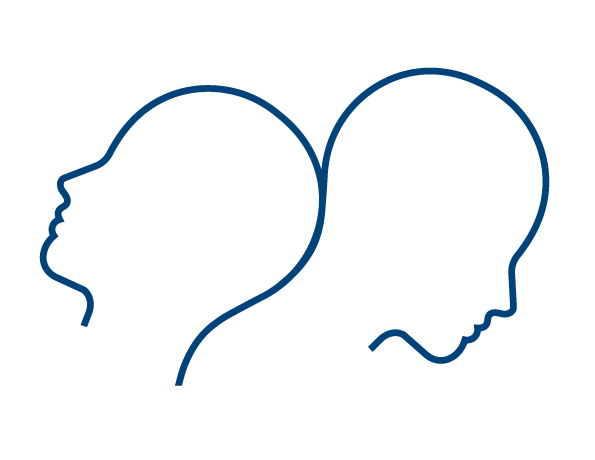140 million ISK in grant to study the impact of COVID-19
Posted on the University of Iceland’s website on 28.11.2022 The Centre of Public Health Sciences at the ...
02 December, 2022 No commentThe COVIDMENT project was designed to significantly advance current knowledge of mental morbidity trajectories in the COVID-19 pandemic, by utilizing large, data-rich population-based registry resources, biobanks, and ongoing questionnaire data with longitudinal follow-up, biobanks, and COVID-19 cohorts with questionnaire data (est. > 565.144 individuals). This large-scale collaborative project between countries and Estonia has been awarded roughly NOK 13 million in funding by NordForsk for two years (project no. 138929).
covidmentYOUNG expands on the already established COVIDMENT consortium and solid knowledge will be built to optimize future societal responses and promote resilience in the young population. Research will focus on mental health consequences in various groups of affiliated young people and their families, as well as in the general population of young people. Different patterns of creating and maintaining social relations throughout the pandemic and post-pandemic times will be investigated, and how these are associated with later mental health and wellbeing. This project has been rewarded by NordForsk roughly 11M NOK from 2023-2027.
Prevalence and risk factors of post-COVID condition and new onset mental- and cardiometabolic diseases
Prevalence of mental- and cardiometabolic symptoms and diseases among individuals who lost a family member to COVID-19
Role of COVID-19 and respective mitigation responses in long-term population mental health and associated sick-leave or disability pension
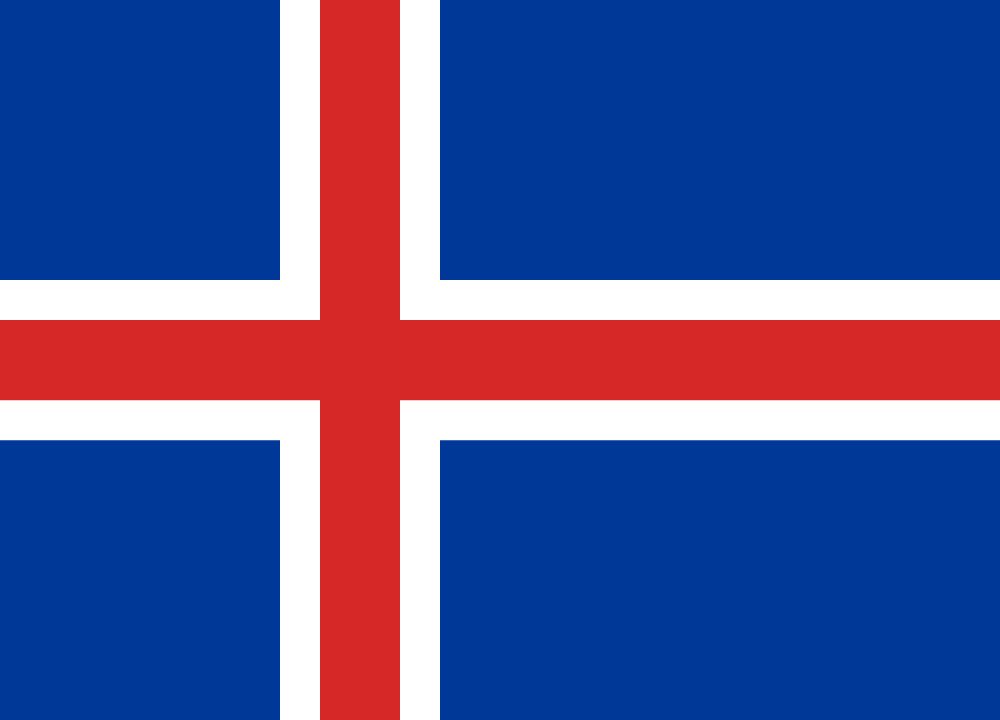
COVID-19 National Resilience Cohort is a scientific study conducted by the University of Iceland, the Directorate of Health, and the Chief Epidemiologist, with the aim of increasing knowledge about the epidemic’s effects on the well-being and lifestyle of all Icelandic and English speaking individuals 18 years or older who had an Icelandic electronic ID (total population >18 years on January 1, 2020 was 282,770). The study was specifically sent to members in existing cohorts (e.g., the SAGA cohort, iStopMM, and Health and well-being of Icelanders). The cohort currently consists of 22,680 participants who have completed the baseline questionnaire from April 24th 2020 through July 22nd 2020. Participants after the first epidemic wave received invitations to participate again 6 months later and a total of 14,000 of them responded to a second questionnaire from December 2020 through March 2021. Participants were again invited to participate from May 2021-August 2021 and September 2022-December 2022 and a total of 11,000 and 12,000 participants respectively answered questionnaires again. The study was approved by the National Bioethics Committee (NBC no. 20-073) and the Data Protection Authority.
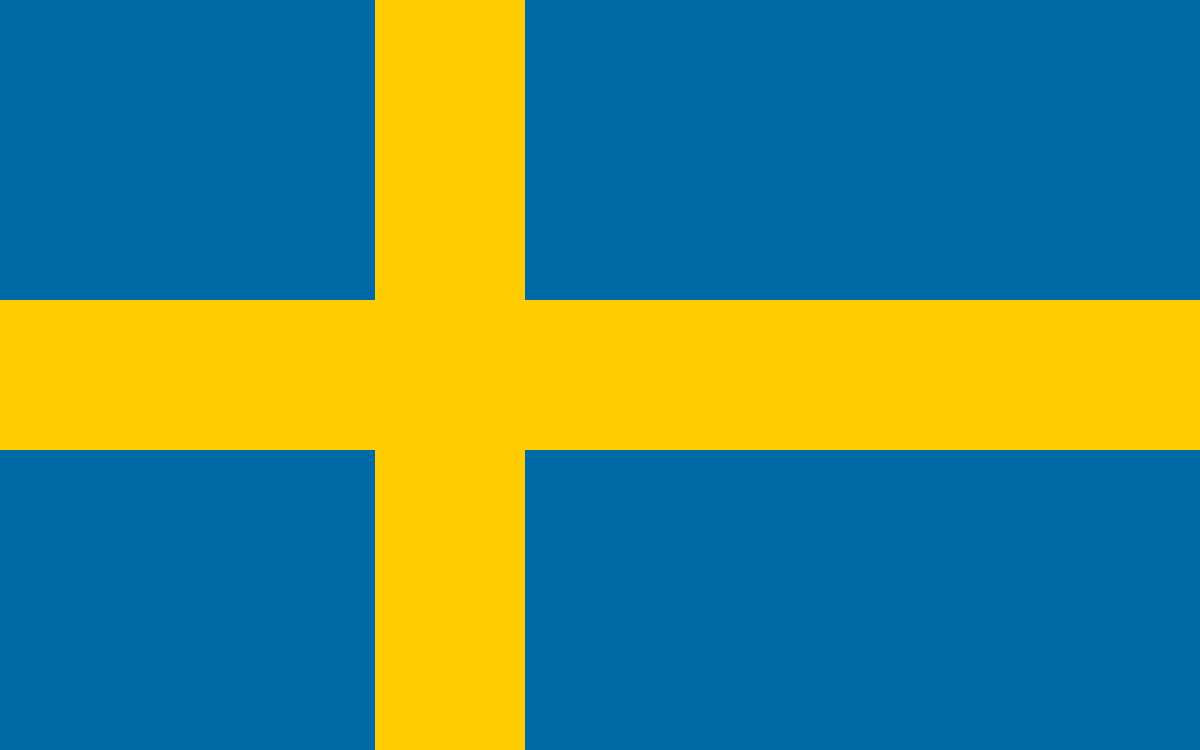
Omtanke2020 started in June 2020 with ethical approval No. 2020-01785, and is an ongoing prospective, longitudinal cohort study with data collection from volunteering participants through online surveys. All adults aged 18 years or above who were resident in Sweden and had the electronic identification BankID were eligible for participation. Participants were recruited between June 2020 and June 2021, either via mass media or through invitations to participants of existing cohorts (LifeGene (N = 2,241), KARMA (N = 5,196, all women), Swedish Twin Registry (N = 3,340)). In total, 28,302 participants (over 81% women) completed the baseline questionnaire. Until October 2024, 14 waves of follow-up have been conducted; 11 monthly follow-up data collections and three annual follow-up data collections. 15,528 participants completed the most recent wave of data collection (December 2023-February 2024), and another follow-up data collection is planned for December 2024-February 2025.
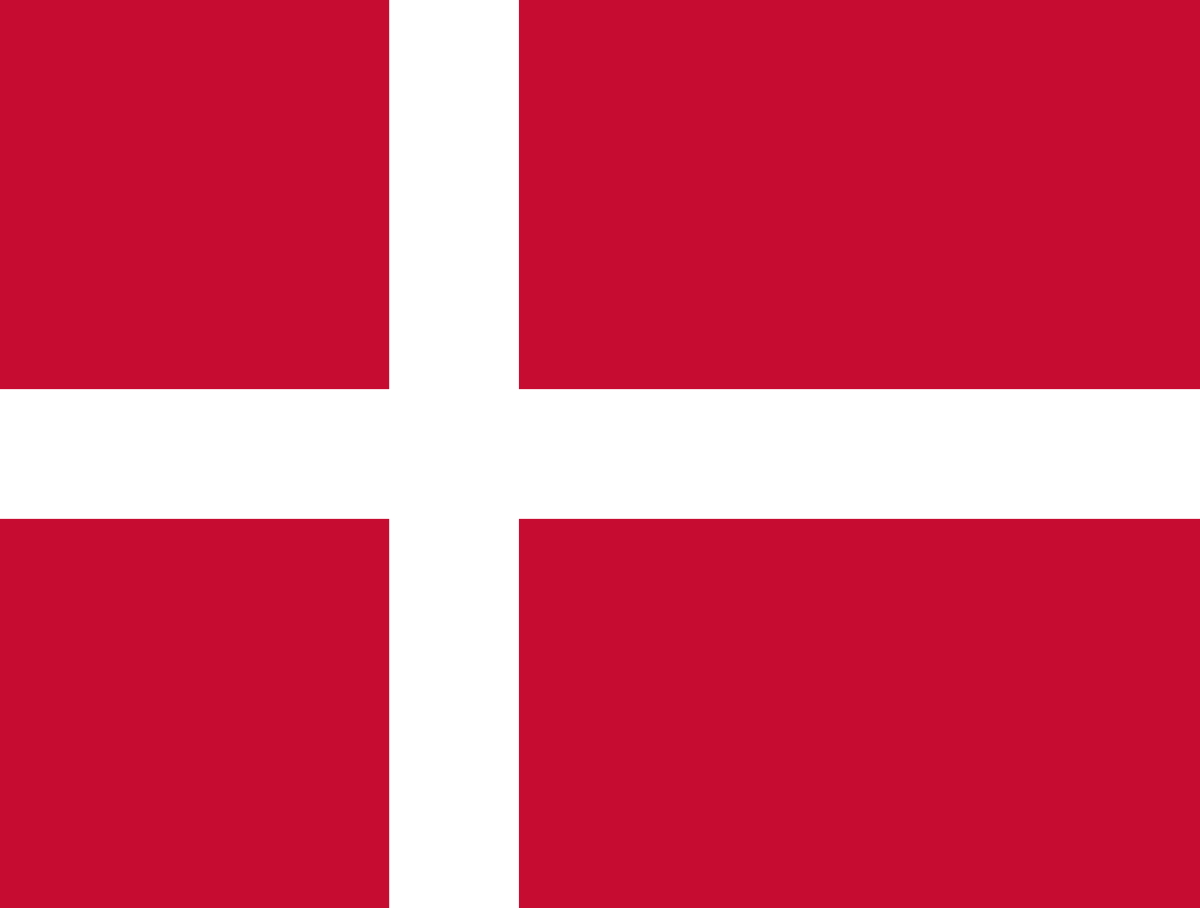
The Danish Blood Donor Study (DBDS) is an ongoing national prospective cohort study, currently comprising more than 160,000 blood donors (51% females, age span at inclusion 18—70 years). During the COVID-19 pandemic, four rounds of questionnaires have been sent to current and former blood donors (i.e., individuals above 18 years), enabling prospective studies of both immediate and long-term health outcomes related to the pandemic. The first questionnaire was sent during the first pandemic wave in Denmark in the spring of 2020, while the second questionnaire was sent during the second pandemic wave in Denmark in the fall of 2020. The third and fourth questionnaires were sent in the spring of 2021 and 2022, respectively. The questionnaires contained items on health, socioeconomic and demographic factors, attitude towards vaccination and vaccination status, as well as questions about behavioral measures taken to prevent COVID-19 infection, COVID-19 infection status, and duration of COVID-19 specific symptoms. To date, a total of 94,205 individuals have answered at least one of the four COVID-19 questionnaires. Written informed consents were collected from all participants in DBDS. The study was approved by the Zealand and Central Denmark Regional Committees on Health Research Ethics (M-2009237 and SJ-740) and the Data Protection Agency (P-2019-99).

Norway is establishing a similar initiative in existing cohorts such as MoBa (est. N=115,000) and new data collection (BryDeg2020; est. N=20,000). The Norwegian Mother, Father and Child Cohort Study (MoBa) is a population-based pregnancy cohort study conducted by the Norwegian Institute of Public Health. Participants were recruited from all over Norway from 1999-2008. The women consented to participation in 41% of the pregnancies. The cohort now includes 114,500 children, 95,200 mothers and 75,200 fathers. Since the 27th of March 2020, all adult and adolescent (aged 16-17 years) MoBa participants have been invited to complete short bi-weekly Covid-19 surveys. Several Covid-19 related items have been repeated in every wave of data collection (e.g., reporting of symptoms, diagnoses, and experience of quarantine), while other instruments (e.g., covering mental health and sleep) have been included occationally. Until March 2021, 25 waves of data collection have been completed, including responses from more than 114,000 adults and 25,000 adolescents. The establishment of MoBa and initial data collection was based on a license from the Norwegian Data Protection Agency and approval from The Regional Committees for Medical and Health Research Ethics. The MoBa cohort is now based on regulations related to the Norwegian Health Registry Act. The current study was approved by The Regional Committees for Medical and Health Research Ethics (127708/14140/20138). BRY.DEG2020 is a longitudinal survey study established in March 2020 at the University of Bergen and Haukeland University Hospital, with the overarching aim to monitor the effect of the pandemic and its restrictions on mental health. The project consists of 5 waves of online questionnaires: spring 2020, fall 2020, spring 2021, fall 2021, and spring 2022. The project collects self-report data on symptoms, resilience, and coping. Participants were aged 18 and older and signed an informed consent before answering the survey. Participants were recruited via social media and e-mail lists for universities across Norway and from patient organisations. A total of 19,372 participants answered the initial survey which was collected between 1st of April 2020 to 15 June 2020. A sub-sample of 13,500 agreed to be recontacted and 6,320 responded to a second survey collected in December 2020. The project was approved by the regional ethics committee (REK-Nord, ref.nr. 123324).
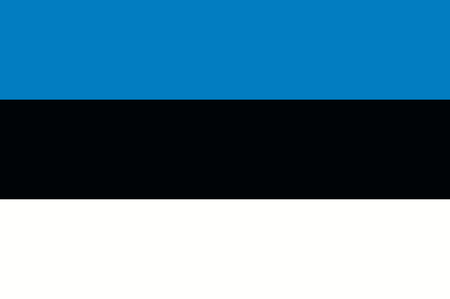
Estonian Biobank (EstBB) is a population-based cohort (N = 212,000) with genotype and a rich variety of phenotypic and health-related information on approximately 20% of all adult population in Estonia. At recruitment, participants signed a broad consent form allowing follow-up linkage of their electronic health records (EHR) and recontacting for future studies, thereby providing a longitudinal collection of their phenotypic information. A COVID-19-related data collection was established in May 2020 when web-based questionnaires including questions on COVID-19 symptoms, risk factors, and mental health was sent out to all EstBB participants who had been tested for COVID-19 with a PCR test. A more comprehensive mental health questionnaire-based data collection was conducted in spring 2021 in the full EstBB cohort and resulting in more than 86,000 respondents. The aim of this data collection was to obtain more in-depth information on various mental health-related symptoms as well as risk and protective factors, such as socioeconomic factors, lifestyle and social support. Research in EstBB was approved by the Estonian Committee on Bioethics and Human Research (1.1-12/3455 and 1.1-12/2860).
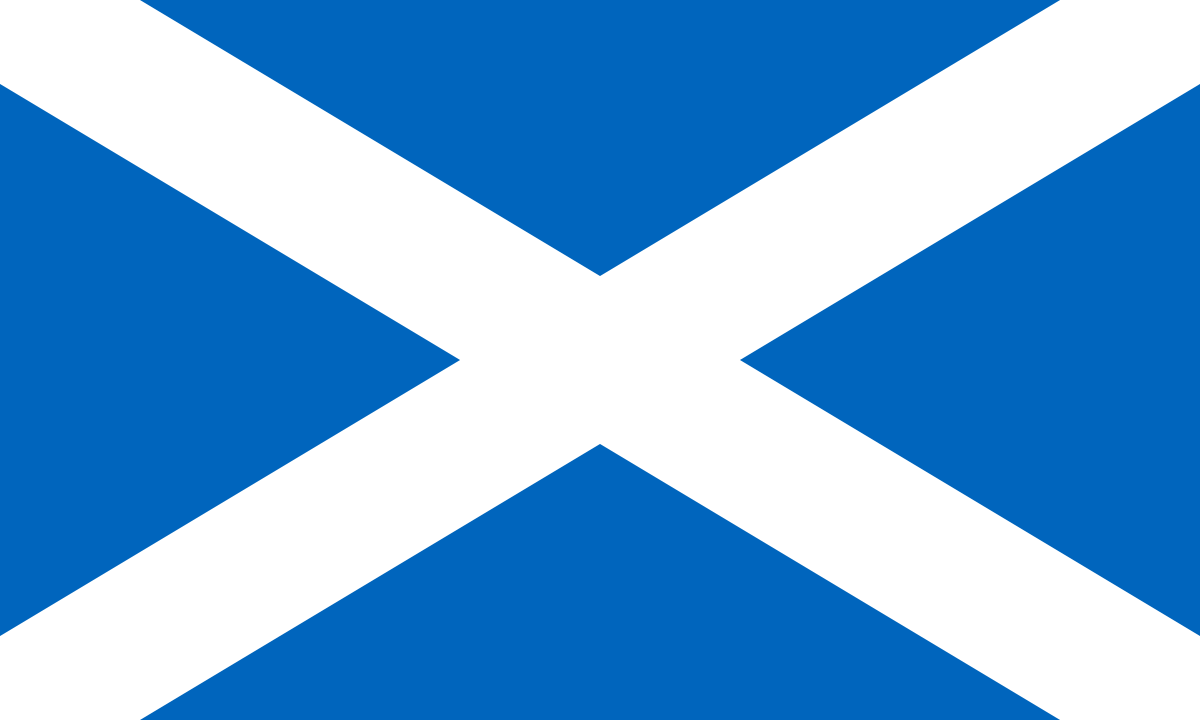
Generation Scotland (GS) is a population and family-based cohort with broad consent for genetic, health, wellbeing and lifestyle studies. During the main recruitment phase of the study, participants completed an extensive questionnaire on medical history, lifestyle and sociodemographics, attended a clinic for measures and the collection of biological samples for biochemical and genetic study, and gave consent for linkage to NHS Scotland routine health records and for recontact for voluntary participation in follow on studies. The main recruitment (24,096 individuals in 5,501 family groups) took place between 2006-2011 (age range 18-100, mean (SD) 47.6 (15.4), 59% female). The study was approved by East of Scotland Research Ethics Service (EoSRES). In 2019, funding was received from the Wellcome Trust (award 216767/Z/19/Z) to expand the cohort, recruit new families and younger volunteers (aged 12 and up). Recruitment was put on hold by the COVID-19 pandemic, and we pivoted to conducting a series of CovidLife Surveys to establish how people were coping and feeling under COVID-19. The CovidLife Survey 1 ran from 17 April 2020 to 7 May 2020 which coincided with the first period of ‘stay at home’ (lockdown) measures in Scotland. 18,518 completed the survey of whom 16,997 resided in Scotland. The survey was sent to all members of GS who had provided a valid email address for recontact.
Posted on the University of Iceland’s website on 28.11.2022 The Centre of Public Health Sciences at the ...
02 December, 2022 No commentWe just published an article at the Lancet Public Health which can be found on their website. Our aim was to a...
16 March, 2022 No commentOur first results are out with a paper accepted in the International Journal of Epidemiology. There are indica...
25 November, 2021 No commentThe COVIDMENT consortium is currently implementing new population-based data collections to target individual-level information on COVID-19 exposure and self-reported symptoms of psychiatric disorders in relation to COVID-19. The current participation rates for all participating countries:
Denmark
Estonia
Iceland
Norway
Scotland
Sweden
National patients registers (and Primary Care Registers and electronic health records, where available) will be used to ascertain diagnoses of COVID-19 as well as psychiatric disorders. In addition, we will obtain data from intensive care registers, drug prescription registers, the medical birth registers, multi-generational registers, and genotype data, where available. Registry data for the participating countries:
Denmark
Estonia
Iceland
Norway
Scotland
Sweden
